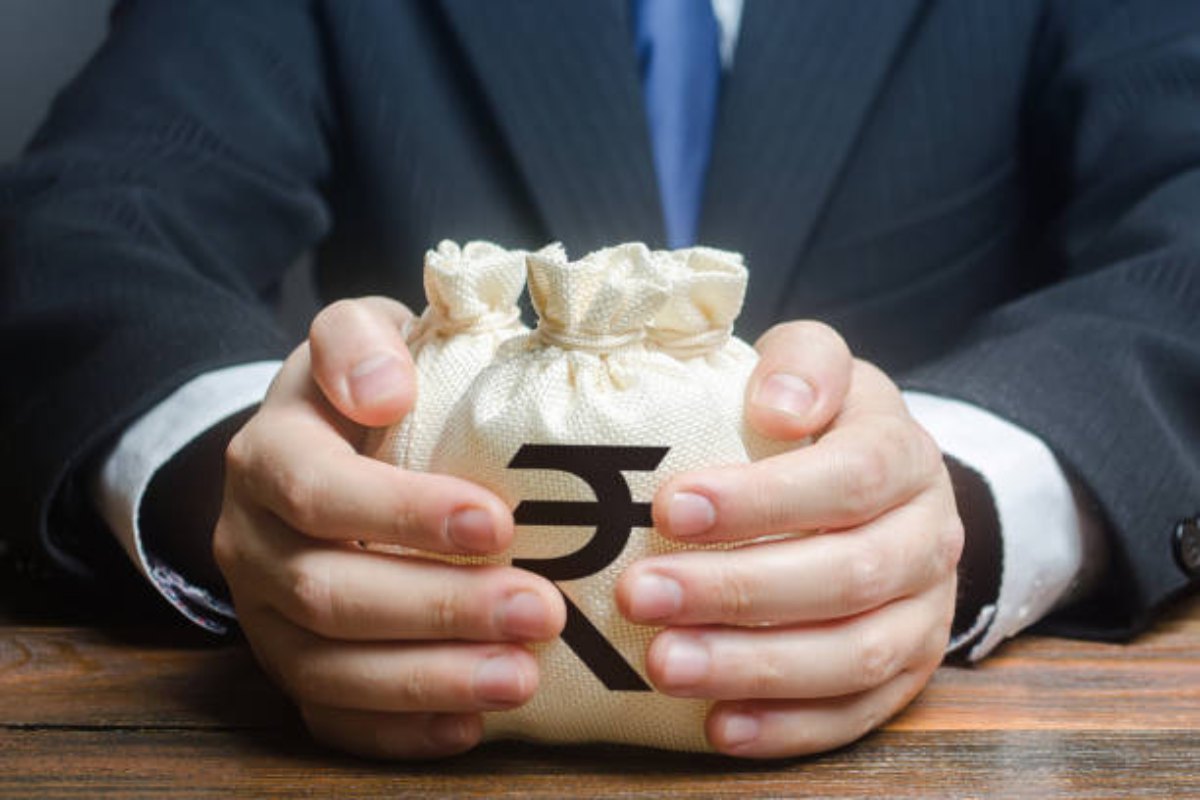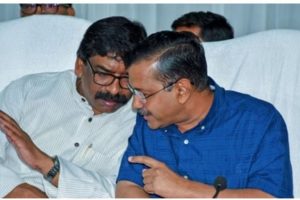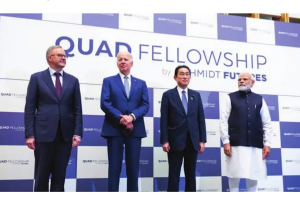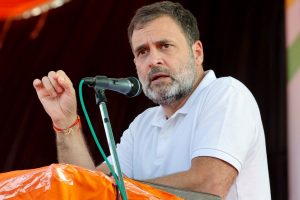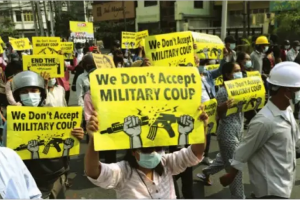In the intricate tapestry of fiscal policies and economic trajectories in India, a glaring divergence unfolds ~ a narrative of two distinct realms, individuals and corporations, traversing disparate paths. Over the past five years, spanning from 2018-19 to 2022-23, individual tax collections have witnessed a staggering surge, marking an impressive 76 per cent increase. This surge serves as a testament to the escalating burden on the shoulders of common citizens. Conversely, the corporate sector witnessed a more modest uptick of 24.45 per cent in tax contributions during the same period.
This fiscal dissonance raises critical questions about the fairness of economic policies. Is there an inherent imbalance, resulting in an undue burden on individuals while creating an environment where corporate entities enjoy preferential treatment? This disparity gains prominence when viewed against the backdrop of tax relief granted to corporations in 2019. A substantial cut in corporate tax rates, dropping from 30 per cent to 22 per cent, accompanied by additional incentives, tilted the fiscal scales in favour of companies. This gives rise to perceptions of preferential treatment, adding to the intricacies of the economic landscape.
Adding another layer to this financial narrative is the surge in indirect taxation, often criticised for its disproportionate impact on lowerincome segments. The relentless increase in fuel prices, a pivotal contributor to indirect taxation, has seen the government strategically raising excise duties on petrol, diesel, and cooking gas. This strategic move has resulted in a substantial surge in revenue, escalating from Rs 99,000 crore in 2014-15 to an astounding Rs 3.73 lakh crore in 2020-21.
This marks an astronomical increase of nearly 277 per cent in seven years, with tangible consequences seen in the soaring prices of essential commodities. Petrol and diesel prices witnessed hikes of 79 per cent and 101 per cent, respectively, during the same period. Simultaneously, cooking gas prices have experienced a sharp ascent. Amidst these financial intricacies, a disconcerting trend emerges in the banking sector.
Despite claims of restoring “good financial health,” the government grapples with the daily escalation of outstanding loans from wilful defaulters. Since March 2019, the amount due from such defaulters has surged by over Rs 100 crore daily, casting doubt on assertions regarding the sector’s rejuvenation. These economic dynamics aren’t mere abstract figures on a balance sheet; they have political implications.
The notion of proximity between corporations and the government gains resonance, tapping into concerns about the intertwined relationships in the economic and political spheres. Allegations and controversies surrounding these connections underscore the delicate interplay between economic policies and political narratives. In navigating this intricate landscape, policymakers must address the widening gap in tax burdens, ensuring that economic benefits are distributed equitably.
The fiscal trajectory should strive for a balanced and inclusive economic framework that uplifts the entire nation without amplifying societal disparities. As citizens grapple with the economic ramifications, a transparent and inclusive approach becomes paramount in building a resilient and equitable economic future.

